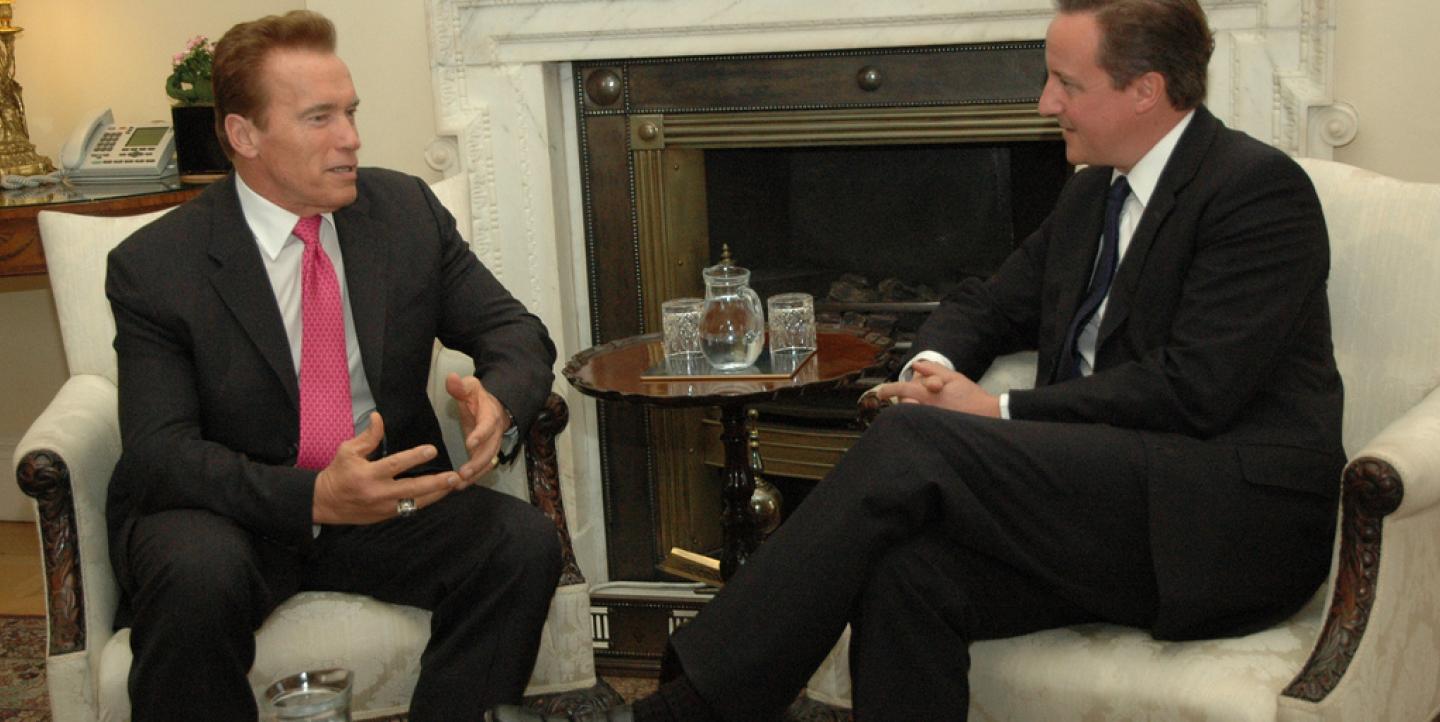There is a fine art to interviewing politicians. You need to understand their motivation, realise they will have a script, not allow them to complicate matters, refuse to be sidetracked, retain an open mind, know your subject, avoid a slanging match.
Remember, you are only there to uncover information in order to inform the public debate.
Never do deals; there must be no agreement on the outcome.
1: Interview for the benefit of the audience Remember you both have a constituency.
Yours is the audience, who you are committed to inform with balanced, impartial, objective and accurate information.
Theirs is the electorate that they represent, made up of people who may or may not have voted for them.
You are there to ask questions on behalf of your audience and uncover information in the category of "had it not been for you the world would never have known."
You are not there to look smart or win a battle.
A political interview doesn't not have to become confrontational and heated.
A good interviewer will draw out the information he or she is seeking without the need for raised voices.
You are looking for information that "had it not been for you the world would never have known"
2: Understand the politician's motivation
Your motivation should be to inform the public debate with robust journalism offering verified and sourced facts that enables the audience to understand better what is going on around them and make educated choices.
However ambition, personal interests, activism, personal gain, revenge and other personal baggage could get in the way.
You have a responsibility to deal with this. This is about integrity.
You can’t conduct a meaningful political interview without integrity.
Their motivation should also be to inform the public debate, and to ensure that the needs of all in the community they serve are represented and accounted for.
However, party loyalty, fear of losing their seat/position, ambition, ideology, and a host of personal issues could cloud this.
Your job is to see through this and cut to the facts of the matter in hand.
Politicians are public servants. They have been elected to do a job on behalf of those they represent. Their professional performance is open to scrutiny.
You as a journalist have a unique role to sit with these decision makers and ask them the telling questions that your audience is not able to ask.
You are operating on behalf of your audience.
It is your job to dig deep and to uncover facts about professional conduct, how the politician is executing his or her responsibilities, and any personal issues that might prevent them from doing so.
You can’t conduct a meaningful political interview without integrity
To read more, click here.

